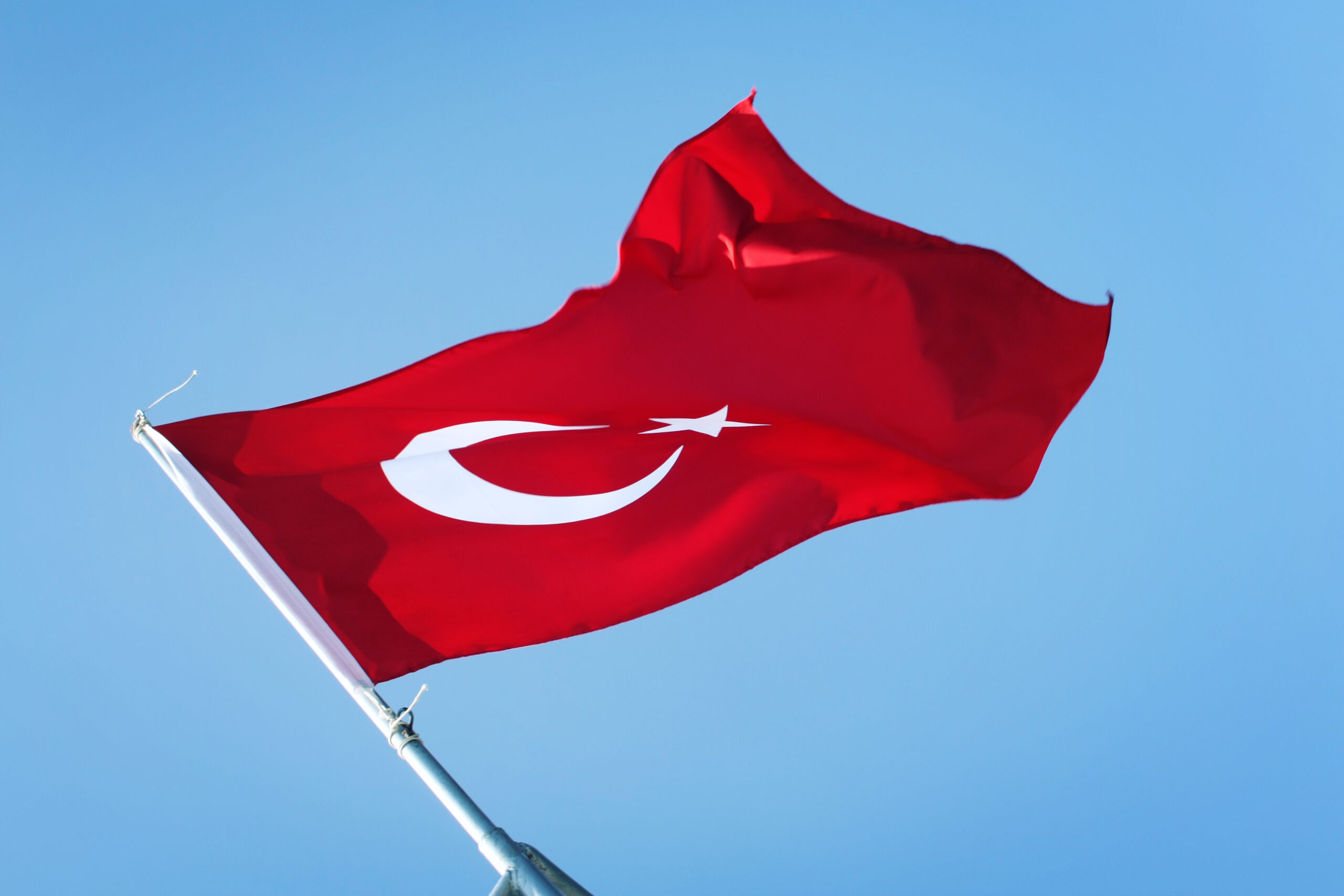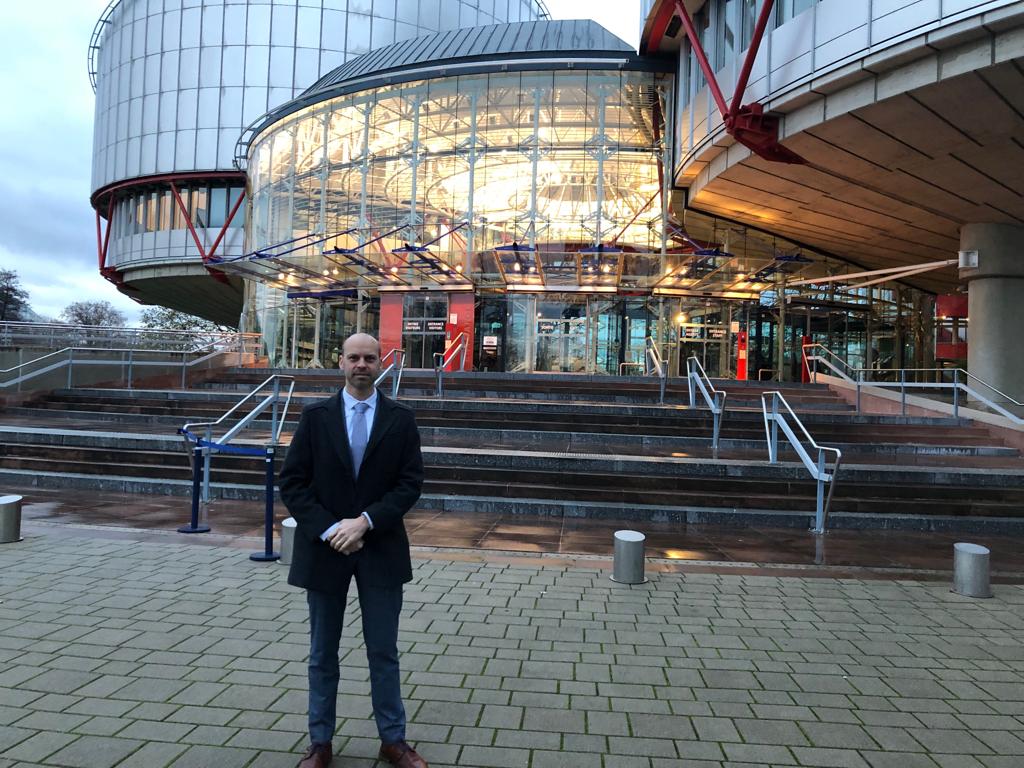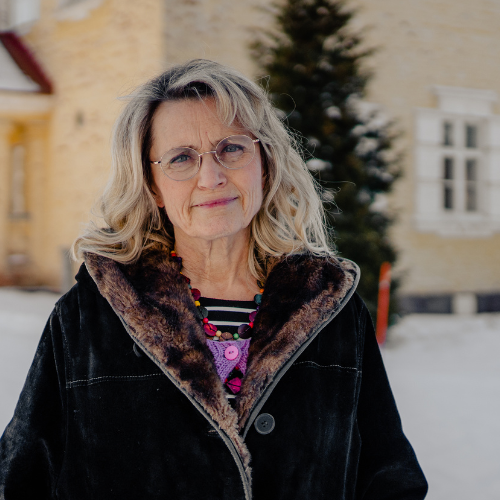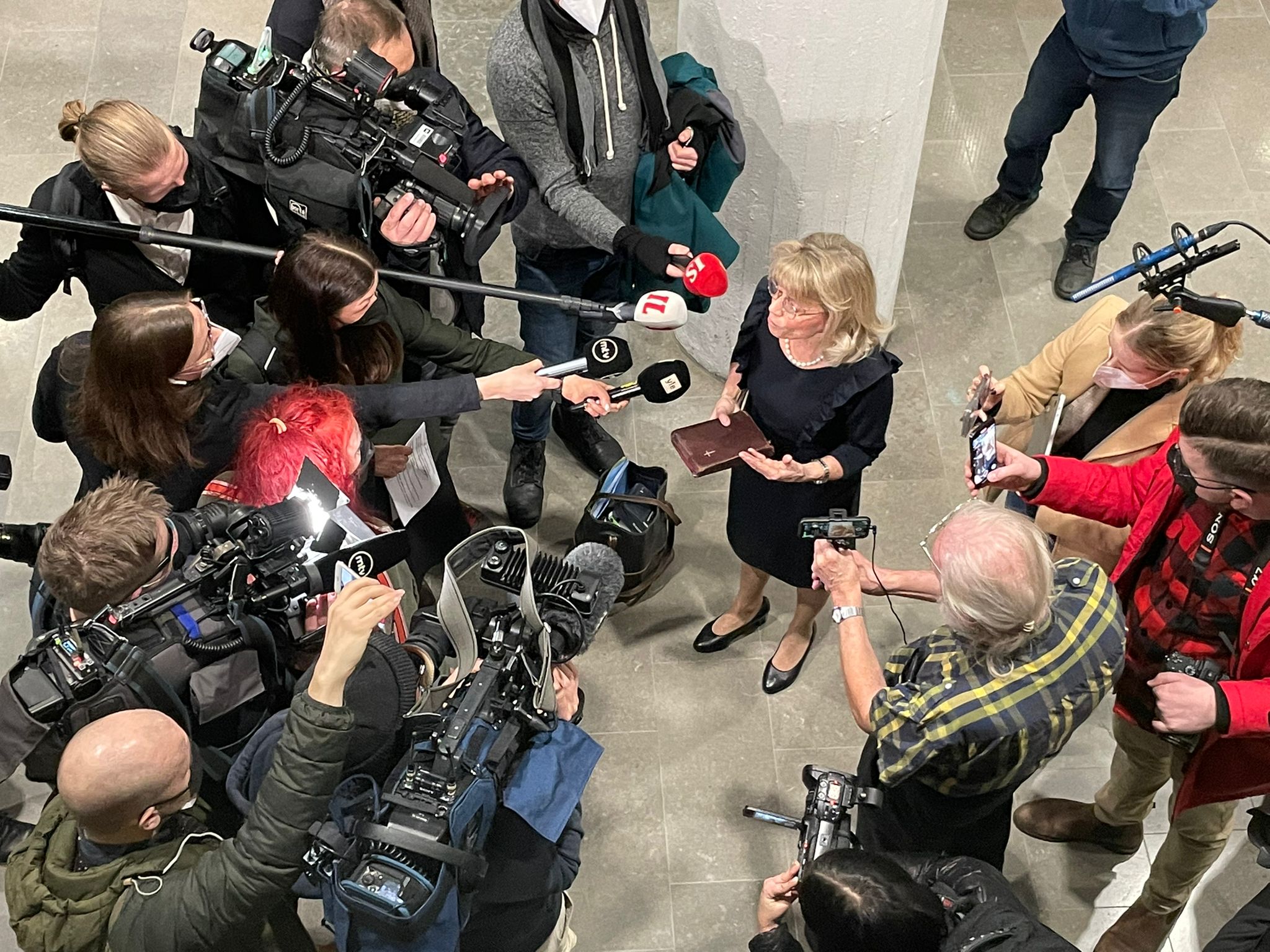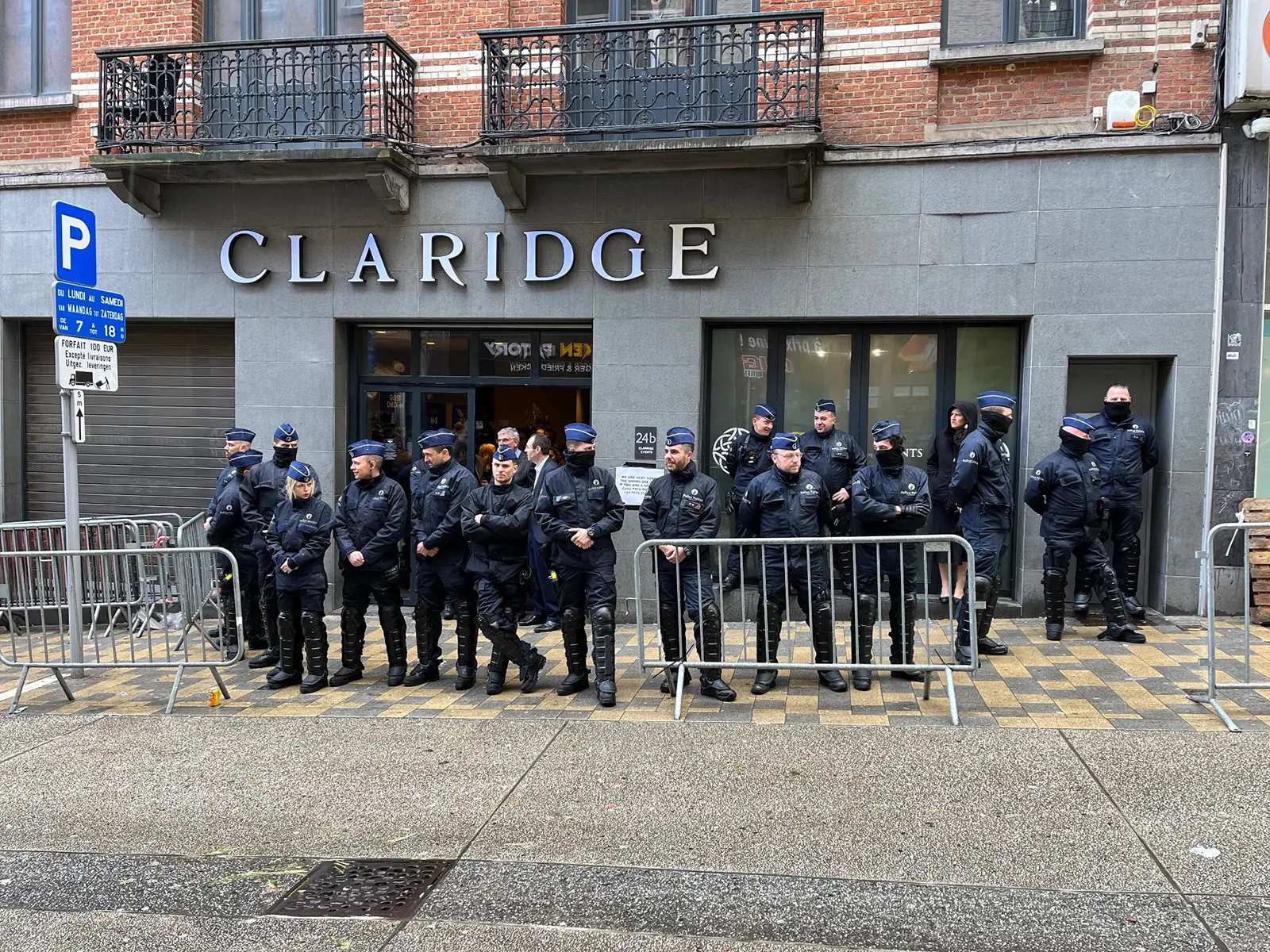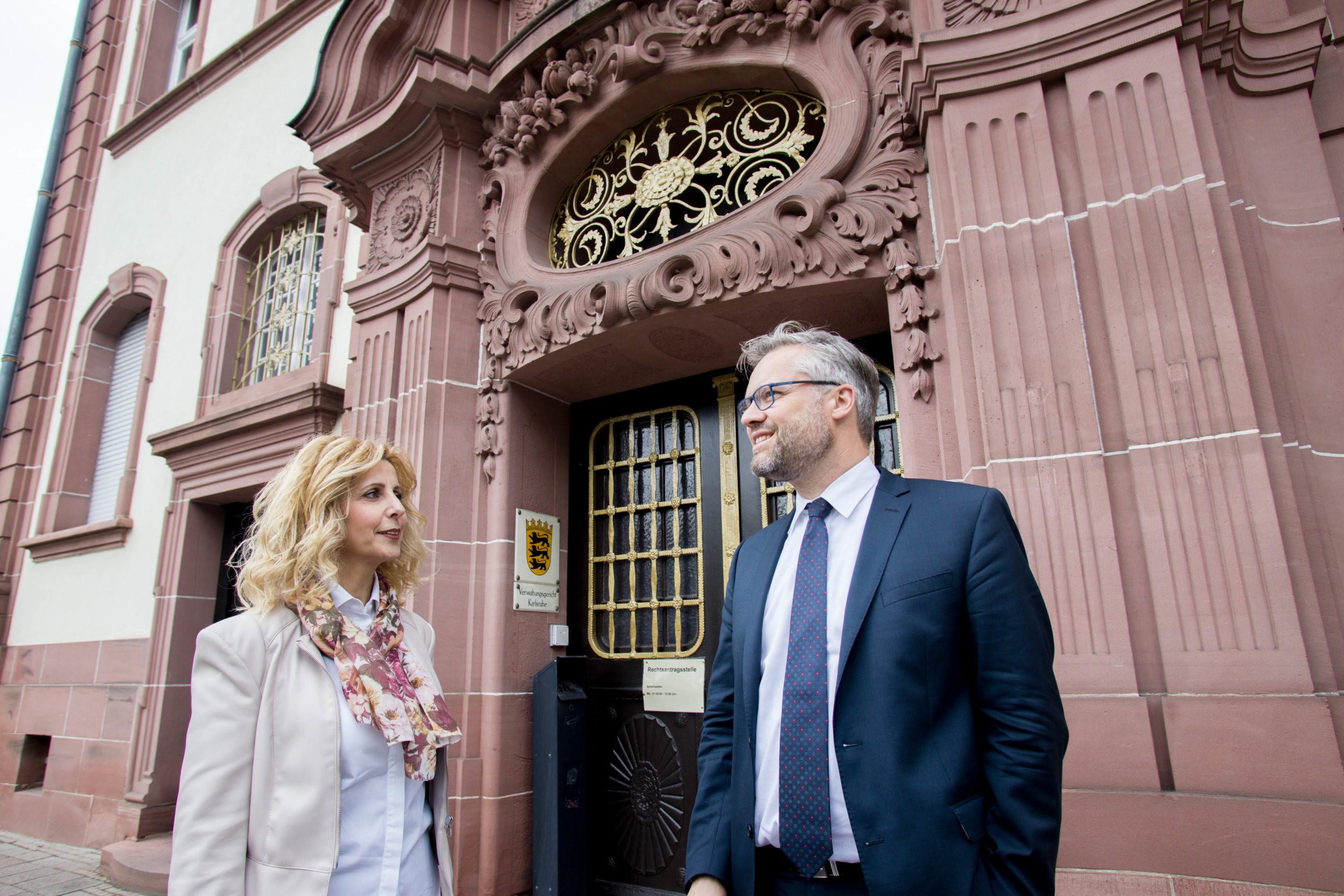- Teacher in Austria forced children to partake in disturbing “instruction” following WHO-Standards for sexuality education in Europe
- Students reported nightmares following the classes; Mother states, “Our daughter was robbed of her childhood”; ADF International backs the parents’ case

“Our daughter was robbed of her childhood, damaged, and disturbed. It is unacceptable that primary school children are being subjected to radically inappropriate content and that protective barriers against abuse are falling."
- one of the affected mothers
Making matters worse, the Upper Austrian Directorate of Education failed to respond to the parents’ complaints, once made aware of the situation. The parents’ case is based on the fact that not only were they not informed by the teacher as to the nature of her “courses,” but also they were met with a lack of transparency on the part of the Directorate. The Directorate has discontinued disciplinary proceedings against the teacher, a significant development that the parents discovered only from media reports.
Comprehensive Sexuality Education: A Global Agenda
Felix Böllmann, Director of European Advocacy for ADF International, states: “What happened to these Austrian children demonstrates the catastrophic implications of an agenda that seeks to indoctrinate children outside of the control of their parents.”
The radical indoctrination of children through “sexuality education” curricula is a global problem. The World Health Organization (WHO), UNESCO, and other actors within the United Nations system have dedicated enormous resources to the international promotion of so-called “comprehensive sexuality education” (CSE) to children without parental consent. CSE guidelines are rife with examples of the extreme sexually-explicit, ‘information’ children are to be taught from a very young age under the guise of “empowering” them.
Böllmann continues: “Austria guarantees parental rights, recognising that parents are best positioned to protect their children, and these rights are likewise enshrined in international law.
Parents should not have to fear the worst when they send their children off to school. No parent should have to worry that their child will be subjected to deeply problematic images and ‘information’ at the hands of their teacher.
That is why we are pushing back against the surreptitious importation of this radical and explicit content–in this school, for the benefit of these students and their parents. But also for other children and parents who may not yet be aware of the materials being used in schools across Europe.”
The ideology behind “comprehensive sexuality education” assumes that children should be sexualised from the first moments of their life. For example, Uwe Sielert, a proponent of extreme sexual pedagogy, worked together with the WHO Regional Office for Europe to develop the “Standards for Sexuality Education in Europe” in 2010. These standards promote an aberrant vision of sexuality education for children, far removed from basic sexual health information, in direct violation of the guaranteed rights of parents to raise and educate their children in line with their own worldview and free from harm. They lay the groundwork for cases such as that of these Austrian children who have been subjected to such content at the hands of their teacher.
“Parents have a great responsibility to protect their children from harm, but they can’t do that if they don’t know what is happening behind classroom doors. And children have the right to be protected from harm. Exposing children to radical ‘sexuality education’ thus violates the rights of both children and their parents,” Böllmann says.
Comprehensive Sexuality Education: A Global Agenda
At issue in this case is the compulsory participation of young students in classes containing graphic sexual content in the name of “diversity” education, without the knowledge or consent of their parents, ultimately made possible by European-wide “comprehensive sexuality education” standards.
Students’ testimony details the disturbing content to which they were subjected, including how their teacher made them watch a graphic film and repeatedly described sexual practices in detail with words and pictures, even when the children objected. After the lessons, the children reported being “disturbed” and were visibly unable to process what they were shown and why.
“Our daughter was completely distraught when she came home from class. The content was in no way age-appropriate sex education, but rather deeply ideological content aimed at sexualising our children,” says the mother of one of the students.
ADF International is backing the legal defense of these parents to hold both the school and Austrian authorities accountable for the failure to respect their parental rights.
“ADF International is committed to supporting these parents in the defence of their basic human rights. The school must be held responsible for its duty to uphold the rights of parents to oversee the education of their children. The same applies to the duty of Austrian authorities to abide by the country’s international law commitments on parental rights,” Böllmann concludes.




